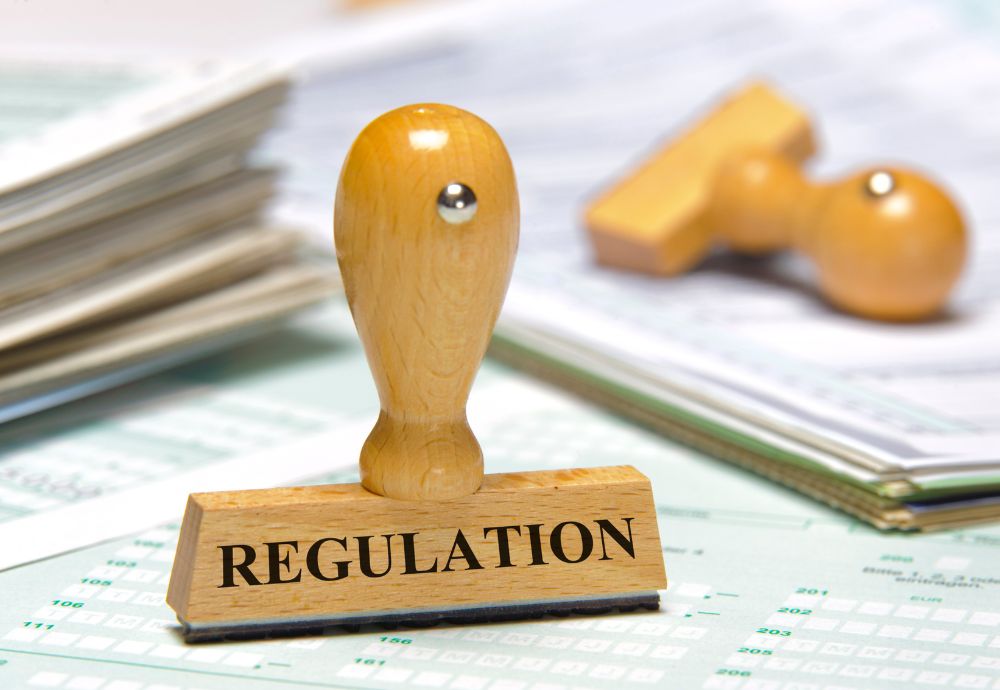First published on Tuesday, Nov 28, 2023
Last updated on Tuesday, Nov 28, 2023
As an employer in Australia, you must be aware of groups and bodies that work for the benefit of employees. These bodies govern employer and employee relations, make sure general protections are upheld, and are crucial to your business and its growth.
No matter what kind of business you operate, you've likely heard of Fair Work.
The role of the Fair Work Act in Australia...
Is to govern the national system for employment relations.
The Fair Work Act 2009 is a significant piece of employment law in Australia that outlines minimum terms and conditions, and general protections for most workers employed in Australia who are covered by the national workplace relations system.
Who is covered by the National Workplace Relations System?
While the Act covers most employees in Australia, it's supplemented by other federal, state and territory laws.
For example, Western Australia maintains its own state-based workplace relations system that partially covers the private sector in that state. It's necessary to know what workplace relations system covers your business and your employees, to determine what legislation applies.

You are likely to be covered by the national workplace relations system if you:
- Work for a constitutional corporation
- Work in Victoria (except if you are a law enforcement officer or an executive in the public sector), the Australian Capital Territory (ACT) or the Northern Territory (NT) (except if you are a member of the Police Force)
- Work in the private sector in New South Wales (NSW), Queensland, or South Australia (SA)
- Work in the private sector or local government sector in Tasmania
The regulatory powers
The Fair Work Ombudsman and the Fair Work Commission (previously called Fair Work Australia) are independent Australian government organisations established by the Fair Work Act that regulate Australia’s national workplace relations system. The Ombudsman educates employers and employees and enforces compliance with the Fair Work legislation.
As one of the most important regulatory bodies involved in employment conditions in Australia, let's talk about the Fair Work Commission.

What is the Fair Work Commission?
The Fair Work Commission (FWC) is Australia’s national workplace relations tribunal. It's an independent body with the power to carry out a range of functions relating to employment. The purpose of this organisation is to work for the benefit of Australia’s workforce.
Its functions include enforcing required minimum wages and employment conditions, assisting in enterprise bargaining, industrial action, dispute resolution, termination of employment, and a variety of other workplace matters.
The Fair Work Commission as an independent body, is able to operate in a similar way to a court. It can hear claims and disputes which are related to the workplace and deliver binding decisions which must be adhered to. The primary objective and responsibility of FWC is to assist employees and employers in maintaining fair and productive workplaces.
What is the role of the Fair Work Commission?
The Fair Work Commission has a number of roles and responsibilities as the independent national workplace relations tribunal.
Some of the FWC's key responsibilities include:
- Setting the national minimum wages
- Creating and changing modern awards
- Approving enterprise agreements
- Acting as the independent moderator in disputes including unfair dismissal and adverse action
- Resolving disputes under awards, enterprise agreements/other registered agreements, or the National Employment Standards (NES)
The Fair Work Commission is also able to determine award coverage for employees.
If a dismissal is deemed to be unfair, they can determine a reinstatement of the job, or even financial compensation depending on the particular circumstance. However, for a determination of this nature to take place, an employee must lodge an application form, as well as stipulate their reasoning.

Workers may believe they have been:
- Unfairly dismissed
- Discriminated against, victimised, or unfairly treated under the provisions of the Fair Work Act
- Bullied at work and want an order to prevent that from occurring
After the application has been completed and submitted by the employee, the FWC will assess the application, and send documents to the employer with the request for a response to the claims. This is the beginning of the mediation process with the next steps being dependent on the employer’s response and the severity of the claim.
What constitutes an unfair dismissal?
Over 40% of applications made to the Fair Work Commission are related to claims of unfair dismissals.
Whilst many employees think that their dismissal was “unfair”, they often do not meet the official Fair Work criteria. This is defined on the Fair Work Commission website and section 385 of the Fair Work Act 2009 as, “harsh, unjust or unreasonable”.
What is the process for unfair dismissal claims?
During the determination of a case, the Fair Work Commission does not only assess the question of fairness as to why the employee was dismissed, but they also look into how they were dismissed.
What this means for businesses is that even if you did have a valid reason to dismiss an employee, you must also follow a fair process prior to termination.
Many employers still believe that instant termination is possible, and this is simply not the case, even in instances of serious misconduct. You must still follow a fair process prior to termination to ensure that the dismissal is not considered “harsh, unjust, or unreasonable”.
When considering procedural fairness, the Fair Work Commission will make its determination based on a few key factors.

The 3 factors are:
- If the allegations were put to the employee in adequate detail
- If the employee was allowed to respond appropriately
- Whether or not the employee’s response was taken into account before the termination was executed
As an employer, you should know that when the Fair Work Commission assesses issues of unfair dismissal, it's expected that employers are able to demonstrate that they have taken all reasonable actions to resolve the issue prior to ending the employment.
In the interest of promoting positive relations between employee and employer, the FWC also provides the opportunity for the two parties to have an informal conciliation before the case is listed for hearing. This is so that both sides have the chance to come to an agreed settlement without the need for a court hearing.
That being said, the conciliation is hosted by an independent conciliator who is part of the Fair Work Commission. They do not represent or advocate for either employees or employers, with their role in dispute resolution only to assist the two in reaching an agreement.
While the conciliator will be an independent party to the discussions, they do play an active role in ensuring the proceedings occur in the most beneficial fashion for all involved.
The role of the conciliator is to:
- Actively help both parties reach a resolution
- Lead discussions and provide guidance
- Explore the issues
- Challenge the views that are expressed, explore alternatives, and comment on possible outcomes

Unsuccessful conciliation processes
If the conciliation process doesn't resolve the issue, then the case will proceed to a formal conference or hearing—similar to a court hearing. This is unless the employee discontinues the application.
It's often preferable for both parties that any unfair dismissal issues are resolved prior to a hearing because the process requires extensive preparation and representation for both parties.
Getting the right support for your people management
Whether you're an employer, a general manager, or a small business owner, you're responsible for the protection of your staff. From the minute they sign their employment contract with you, right up until an employee's last day at your company.
But getting compliance right is never easy, even if you have all the information and resources you need. Whether it's getting pay right under the relevant award or agreement, meeting your record-keeping obligations, or ensuring smooth dispute resolution. There's a lot to consider, and legal obligations that are constantly changing.
BrightHR is an end-to-end software and support services provider that equips small businesses with everything they need to transform their people management. From 24/7 employment relations phone advice that helps you stay on top of legislation and handle tricky HR situations to a payroll navigator that makes it easy to store employee details and meet the rules of the workplace relations tribunal.
Getting the right people management support can make all the difference.
